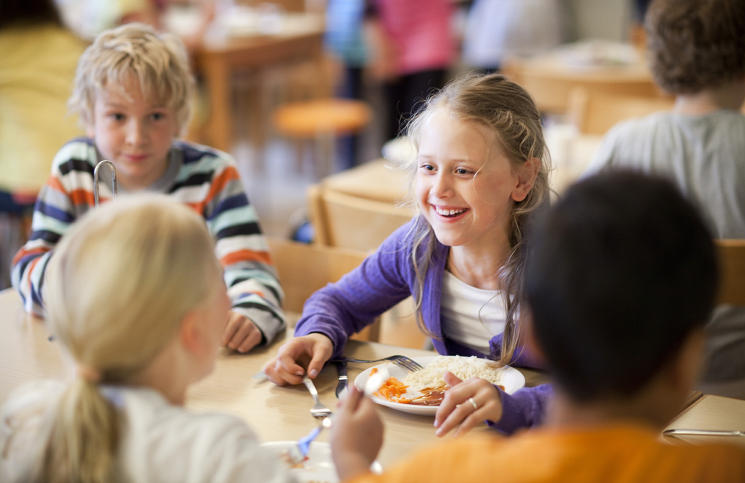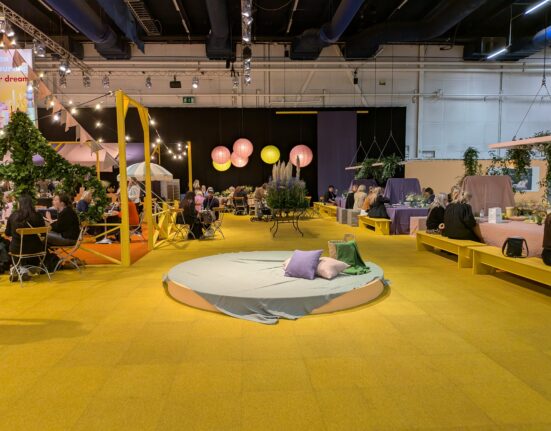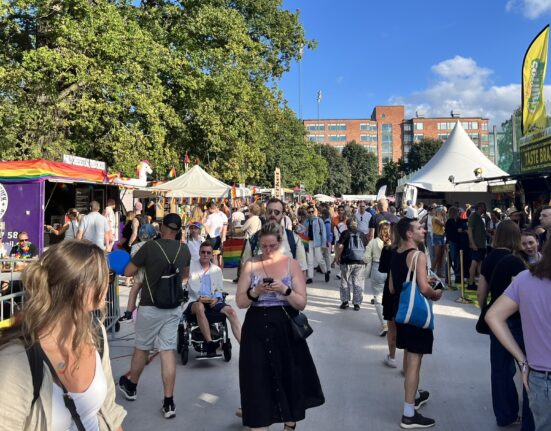International parents worry about the effect on their children of living abroad. In this article we look at the two main concerns that parents can creatively address in their children, to turn the challenge of foreign parenting into a triumph.
Parenting is hard enough at the best of times and each developmental stage that our youngsters embark on stretches us a little further. Add into the mix the development of intercultural, cross-cultural and international children and you find the challenges rise. Paradoxically, when you have moved internationally with children, they often need you more at a time when there is so much less of you; a time when you’re trying to get to grips with all the practical matters: a new job, running the household, and facing your own culture shock. However, in the words of Expat guru Robin Pascoe, author of Raising Global Nomads: Parenting Abroad in an On-Demand World, we owe it to our international children to be there for them more, rather than less.
Children who move from country to country have many goodbyes to say, not only to their friends, but also to their bedrooms, their school projects, their ‘special places’ in the gardens or in the woods. Grief becomes an intrinsic part of their life experience.
At the same time, the challenges of an international childhood are often highly exaggerated and can actually be an asset, as Barack Obama, Christiane Amanpour and Reese Witherspoon, all so called ‘Third Culture Kids’, illustrate. ‘Third Culture Kids’ (TCKs) is a term that has been used since the 1950s to describe children that do not grow up in their parents’ home culture. The idea is that the ‘third culture’ is neither the home, nor the host culture, but a parallel culture of other ‘global nomads’, who carry home in their heart, rather than linking it to a geographical place. With good and aware parenting, our youngsters can get the very best from the experience of being raised in a country that is not their parents’ own. In this article I will highlight two main concerns that arise for TCKs.
Home is in your heart
One of the two main issues faced by global nomads is linked to their (cultural) identity. One of the hazards of international parenting is that we sometimes feel we need to ‘push’ our own mono-cultural identity on our children; either because one day we will all go ‘home’, or because we feel a sense of competition with the host country. Sometimes we compete with the other nationality in our marriage. I have a son who is biologically half-Dutch and half-Swedish, but sociologically more Anglo-Saxon. There was a time when, not being quite as happy with Sweden as I wanted to be, I used to share my negative experiences with him. Many years later he told me ‘you almost drove a wedge between me and my experience of (also) being Swedish’. While I wasn’t pushing a specifically Dutch agenda, I was most certainly pushing a non-Swedish one.
Making your identity up from the inside out is much, much harder and actually involves some serious internal soul searching, but in the long run it is more robust than having an identity imposed from the outside in.
Our intercultural kids belong to what sociologists call a ‘third culture’, that is to say a non-nationality-specific one that embraces all, yet is defined by none. We benefit our children in handling the inevitable question of ‘where is home?’ by helping them to understand that there doesn’t have to be a geographically specific answer. Geography often equals labels and stereotypes, and our sons and daughters are learning to live outside of a national stereotype. Let them tell you who or what they are, and support them in being home to themselves, belonging to a culture of non-belonging. A response that I often encounter is linked to cultural heritage, i.e., ‘what if they lose the link to their roots?’. Ask any TCK whether it was more helpful to be plugged into a nationality-specific identity or to be free to make it up as they go along and they will answer the latter. As parents we always need to be mindful whose need we are meeting with our concerns; is it our own, or theirs?
Making your identity up from the inside out is much, much harder and actually involves some serious internal soul searching, but in the long run it is more robust than having an identity imposed from the outside in.
Grieving is normal
Children who move from country to country have many goodbyes to say, not only to their friends, but also to their bedrooms, their school projects, their ‘special places’ in the gardens or in the woods. Grief becomes an intrinsic part of their life experience. As parents, we see their pain and consequently may experience guilt for what we are ‘putting them through’, despite the move being ‘for all the right reasons.’ Our own grief is usually already disavowed. International nomads need to be allowed to express their feelings of grief and anger, be they big or small. As parents we need to sit on our guilt, our need to ‘make it all ‘OK’, to ‘talk up’ the experience; and instead allow our youngsters to say how hard it is for them, how much they hate their new school, friends, etc. Once expressed, feelings go away much more quickly than when they have to be hidden. Children are resilient, and what they hate today, they may love tomorrow; not because we tell them to, but because we allowed them to articulate their response.
Remember, listening to their concerns is not the same as having to act on what they say. When my son was three he came up with the wildest schemes to explore planet Mars. I listened to him, attentively; despite knowing that what he wanted was impossible. It taught him that what he said was important and it taught me to sit with the helplessness that is so much part of being a parent.
In summary
Make time to listen to your children; be there more for them, rather than less; be aware of any subtle underlying need to promote, (or rubbish) certain cultures, and allow them to express their feelings of grief. Help them to build an identity from the inside out. That way they will gain the most from their experience.
In part 2 we look at how international kids interact with local children, how to choose the right school, and what kind of health care to expect from Sweden.
For more information about TCK’s please go to TCKid.com, or visit Robin Pascoe’s website at expatexpert.com
Copyright 2014: Lysanne Sizoo
Lysanne Sizoo
Lysanne teaches the ‘Global identities’ workshop both in Stockholm and on her houseboat close to Amsterdam.
DISCLAIMER
These articles are a composite of my personal, my colleagues’ and
clients’ experiences in order to protect recognition. All therapeutic
meetings are Turning Point are confidential, and specific content would
never be shared in a public forum.
Featured Image: Lena Granefelt/imagebank.sweden.se












2 Comments